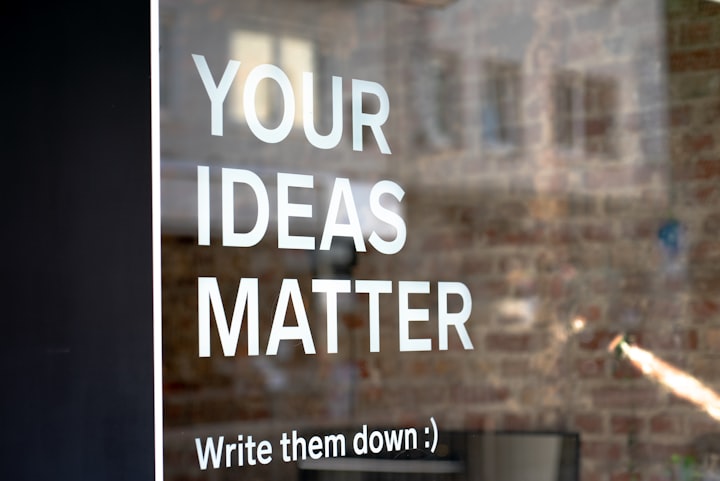
Business strategy is like a circuit board. Various interdependent parts that look different, but function in different ways can affect an overall strategy. For example, culture, systems, processes, interpersonal relationships, and priorities all influence the direction of a company in different ways. Each of these factors can be dynamic and respond quickly. However, understanding these dynamics allows a businessperson to think strategically about how the company operates and the economy overall.
Economic Stress

Economic stress is the disorder associated with abnormal conditions such as unemployment, bankruptcy, recession, financial crisis, inflation, corporate-governance scandals, increasing demand of chemicals (scientific calamities), the energy industry, aging population, and social fragmentation. For example, consumers eat more and express their preferences on devices. Similarly, they tell companies to do away with the use of features such as colors that are expensive and bulky. In some cases, advertisements are simply ignored. Experts believe that the free flow of information on the internet caused by smartphones and the Internet of Things is an area in financial stress for companies. Similarly, massive accumulation of money (called zombie banks) creates financial stress for business activities.
Product safety

In this domain, catastrophes include numerous overuse and malfunctions of prescription drugs, consumer product recalls such as lead paint on baby bottles and baby food, and improper storage of vaccines. Thus, companies learn to prioritize testing their products rather than doing everything at once. Previously, the personal experience was more important than analyzing the findings of testing. Automobile companies search for better products by testing programs that speed learning, adjust from real-world facts, and expand user choices for many car features. For example, car companies can use prediction-marketing models to predict what consumers will want and advertise more successful cars.
Political crisis

The global political and social context changes with each generation. For example, entire countries such as Syria, Iraq, and Ukraine are unstable due to the rise of Islamic fundamentalism and fragmentation of cultures. This also raises risks of political crisis, such as conflicts between large segments of a large population. It is essential to understand these changes to enter the right market and figure out how to influence the society. Thus, no product can be one-size-fits-all for every customer. For example, top restaurants in Europe still make food that would not be easy to cook for a rich Saudi Arabian woman with all the ingredients imported from other countries.
Organizational culture

Organizational culture refers to the organizational style. On the basis of different values, employees adapt to the environment and understand their own role within the company. However, other colleagues can also influence how employees think. For example, many companies construct a strong sense of belonging for their minority populations with diversity programs that allow people from different races, genders, and language groups to participate in their companies.
Work force dynamics

The adoption of work-life balance by women affects the supply chain. Companies want to balance the demand side and manufacturing line. Many manufacturers know that women in their supply chain will stop manufacturing products as soon as they have children. Thus, they also have many other work priorities that emphasize working from home and meeting the demands of the customer. Companies adjust to provide customers with products that are easy for them to live with.
Commercialized social interactions

Different cultures tend to nurture relationships and share cultures. They should communicate but lack the tools. Behavioral and cultural interactions are influenced by new technologies that present ideas differently. In these technologies, communication is usually involuntary, meaning that people express ideas based on directives that serve them. Moreover, cultural intersections are often disjointed.
Socialization and accessism

An unintended consequence of modern technological diversity is increased social interaction. Individuals like to be the center of attention, as it allows them to learn without being criticized. This information flows back to other individuals. Studies are finding that these interactions can lead to important collaborations. For example, someone doesn’t always know how to handle the relationship with the police officers or the leader of a company because they expect such interactions will be for their own benefit. Social influences very early the people’s sense of meaning, personhood, and identity. Research will continue to reveal the role that technology plays in the lives of humans. However, I hope to enter an immersive social space to observe another side of science and experience what it means to be human.
Workforce Training

Managers encounter massive challenges in training their workforce to make sure that they are always up to date with the market and making sure that they do not give the wrong opinions. Modern technologies help us build a knowledge base through our interactions with machines and algorithms. This information can then be shared among experts, who can learn and modify the course. Thus, the first step is






Comments
There are no comments for this story
Be the first to respond and start the conversation.